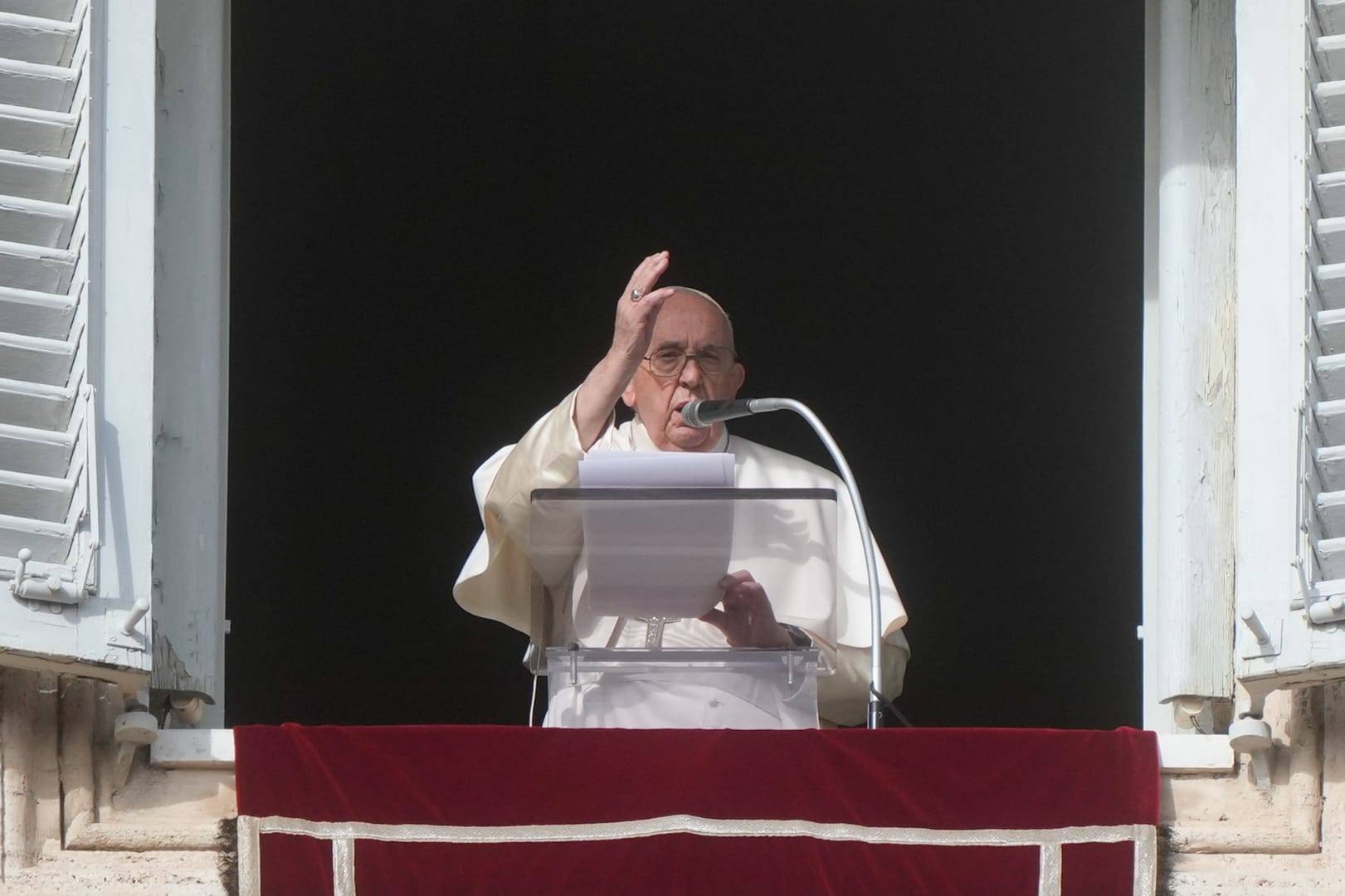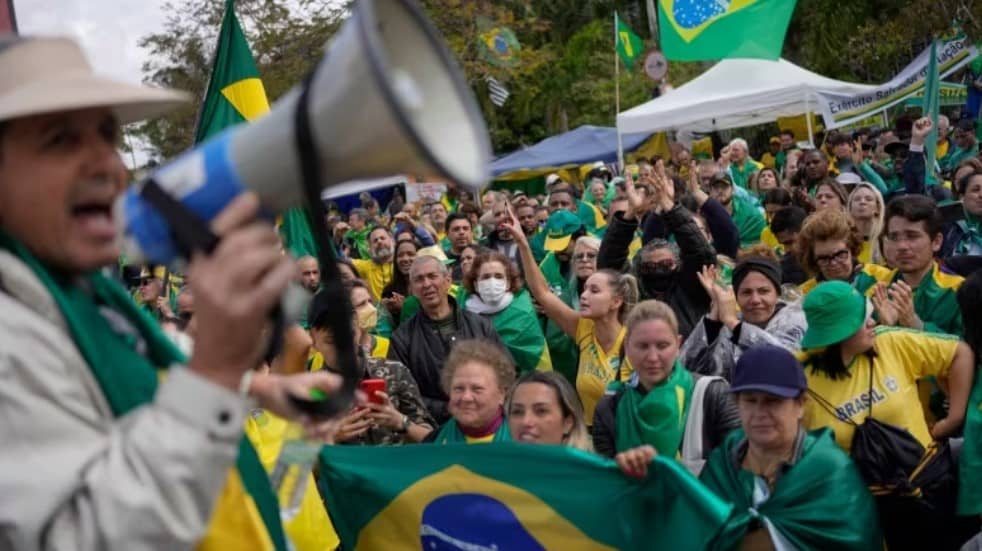YAOUNDÉ, Cameroon – Years of conflict with the Islamist Boko Haram and other militant groups have imposed a “heavy burden” on people in the Lake Chad region of Africa, according to the Catholic Relief Services’ country representative in Nigeria.
Lake Chad is a major source of water for the western part of the Sahel region, which is the semi-arid border area between the Sahara Desert in north Africa and the savannah to the south.
The countries in the Lake Chad region are Nigeria Niger, Cameroon, and Chad.
Rebecca Hallam, Catholic Relief Services’ country representative in Nigeria, said the violence has crippled livelihoods, including agriculture, fishing, and trade.
“This has made access to food more difficult for many families. Malnutrition is a major health concern,” she told Crux.
Hallam said insecurity was constraining the charity’s capacity to reach out to all who need “life-saving humanitarian assistance.”
According to the UN Office of Coordination for Humanitarian Affairs (OCHA), at least 10.7 million people need humanitarian support across the Lake Chad Region, with Nigeria alone accounting for 900,000 people.
“Many displaced families still depend on vulnerable host communities for basic needs like food and shelter,” Hallam said.
She said the UN estimates that $10.8 billion would be required in 2018 to meet on-going humanitarian needs.
Boko Haram has been active in the region since 2009 and has said it wants to establish an Islamic caliphate in the region. Over 50,000 people have died in the conflict.
Despite claims by regional leaders that Boko Haram’s existence was already hanging by a thread, the UN has warned that it will take years for the terrorist group to be completely dismantled.
“What we are seeing is that Boko Haram has become part of an international terrorism network,” said Muhammad Ibn Chambas, the special envoy to the UN secretary general for West Africa and the Sahel.
“I think it will take time to totally eliminate it,” he said.
The warning comes despite President Buhari’s 2015 declaration that Boko Haram had been “technically defeated,” after the military reclaimed swaths of territory back from the jihadists.
Underlying the Boko Haram crisis is a history of political and economic marginalization, poverty, poor governance, and environmental degradation.
The largest environmental disaster is the state of Lake Chad itself, which has lost as much as 95 percent of its size since 1960. It is a relatively shallow body of water, so its size can fluctuate greatly according to the season.
The lake is an important freshwater source, providing for over 30 million people in four countries.
Hallam told Crux that Catholic Relief Services has been working with governments to help the region.
“Most of CRS’s work is community-based, in coordination with local government, and traditional and religious leaders. Staff also coordinates with government actors at state and national levels, such as the State Emergency Management Agency in Borno State, Nigeria and the Lake Chad Research Initiative. CRS also works with local NGOs, and universities,” she said.
Describing the CRS as a family, she said her charity has a “broad and strong reach” in the Lake Chad region that is “helping people recover and rebuild from conflict.”
“CRS is responding across all four countries, providing emergency food, food e-vouchers and cash-for work opportunities to help families meet their most basic food needs. We are helping farmers by providing agricultural tools, seeds and livestock that will help people begin to recover their livelihoods as well as their local economy,” Hallam said.
“To improve access to water and improved sanitation, we are bringing potable water through the construction of boreholes, complemented by critical sanitation and hygiene activities and supplies. CRS also provides shelter and household supplies, especially to IDP and returnee families,” she explained.
Hallam underscored the need for a “comprehensive response” to the crisis, saying that it was critical to meet people’s needs from relief to recovery.
“CRS is working on meeting the urgent humanitarian needs like access to food and shelter, while also building the resilience of people to future threats and crises by working with families and communities to improve long-term food security and livelihoods. Finally, CRS recognizes that any sustainable and long-term solution to the crisis will require support in rebuilding trust and social cohesion,” she told Crux.


















